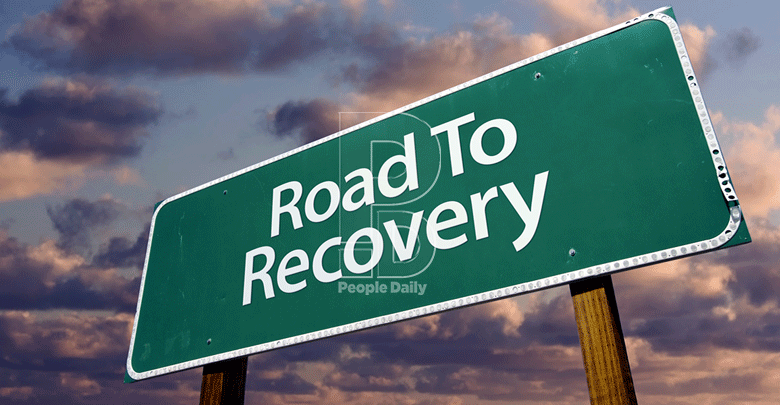Protocols crucial in economic recovery

The long-awaited order, which vacated the dusk-to-dawn curfew, breathed new life to the economy and signalled that proper regeneration on the back of Covid-19 knocks is nigh.
While issuing the order, President Uhuru Kenyatta announced 13 strategic interventions that make up the formal third stimulus programme in two years, fueling the process with a Sh25 billion cash cache.
In addition to the stimulus package, it was the lifting of the curfew restrictions which captured the moment, having been blamed for the loss of livelihoods and closure of businesses since the pandemic hit the country in March last year.
The agriculture sector saw sugar, tea and coffee farming get a slice of the package while Sh10 billion was set aside for the Kazi Mtaani Programme targeting more than 200,000 youths.
Another reprieve entailed a promise to lower costs of petroleum and power tariffs at least before Christmas — in what could see electricity rates drop by 30 per cent before year—end.
Indeed, coming at a time the administration is facing criticism because of rising unemployment and high cost of living, these are welcome interventions.
However, questions abound whether the Sh25 million stimulus will be enough to spike growth given that experts reckon an equivalent of a third of the Gross Domestic Product (GDP), or some Sh300 billion, is what is required.
Further, it is not known whether these interventions actually spike growth hence the need to evaluate whether the first stimulus package made life easier.
With debt already choking the economy and with the fate of the current financial year sealed, and as Treasury finalises plans for the next spending cycle, where will the money come from?
It is only fair to say that the Finance ministry’s job is well cut out on this one.
That not withstanding, it is important for Kenyans not to lose sight of the fact that the pandemic is still with us.
When everyone is trying to get back on their feet, strict adherence to the Covid-19 protocols will move us forward.
The country cannot afford another round of lock down and job losses. As the government pulls all stops to ensure the country is back to normal, the best the populace can do is to get vaccinated and avoid getting infected.
Everyone must ensure that the pandemic does not turn back to a health crisis because this will hurt the economy more and it may take many years to make a comeback.















